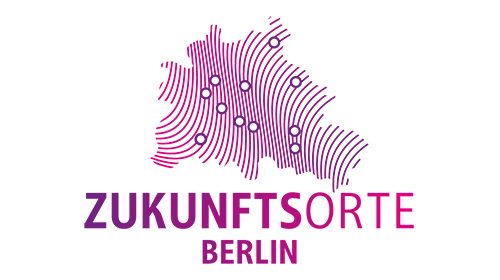Science and research
Berlin offers the most tightly woven network of university and non-university research institutions in all of Germany - an excellent basis for interdisciplinary work.
Four universities and the Charité - Universitätsmedizin Berlin, five universities of applied sciences, four arts academies and 26 state-recognized private universities make Berlin one of the largest hubs for the sciences in Europe. For international top researchers Berlin's colleges are among the most attractive research locations in Germany. The "Berlin University Alliance" of Freie Universität, Technische Universität and Humboldt-Universität zu Berlin with Charité - Universitätsmedizin Berlin has been recognized as an Excellence Alliance. Furthermore, more than 70 non-university research institutions are also active in the fields of basic and applied research. Among them are:
- the Max Planck Society,
- the Helmholtz Association,
- the Leibniz Association, and
- the Fraunhofer Society.
About 250,000 people from around the world teach, research, work and study here. In the winter semester 2024/25 around 25 percent of all students came from abroad, most of them from China, India and Turkey. Many cooperative programs link Berlin’s institutes of higher education with partner institutes around the world.
Scientific know-how and qualified professionals are important to securing the private sector's innovative capacity and competitiveness as well as Berlin's attractiveness as a center of business.
(Source: Berlin-Brandenburg Statistics Office, 2025)
Berlin has numerous modern Technology Centers and so called Zukunftsorte - Sites of the future - with tremendous development potential. Their science-oriented infrastructure makes them attractive locations for young, technology-oriented companies.



